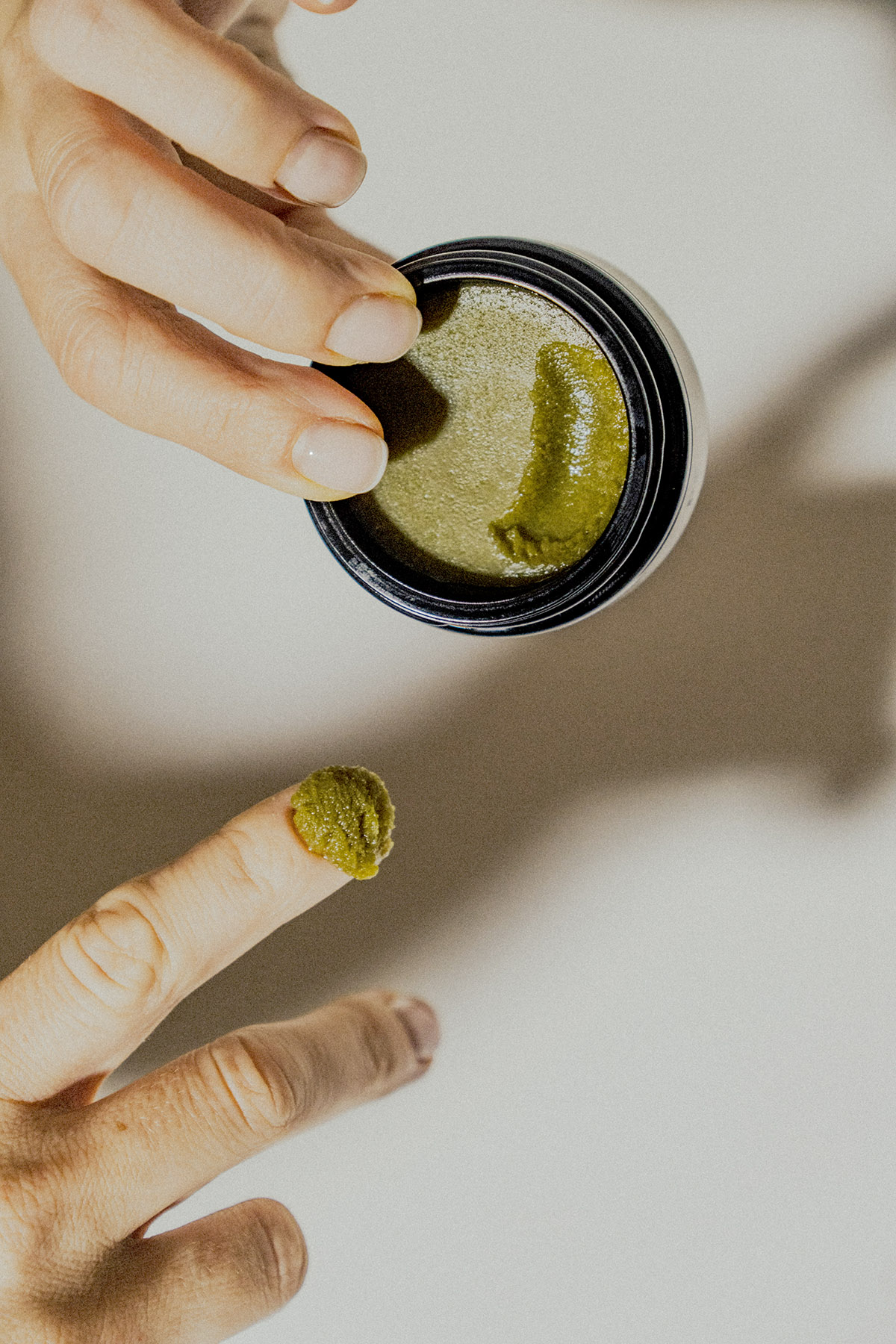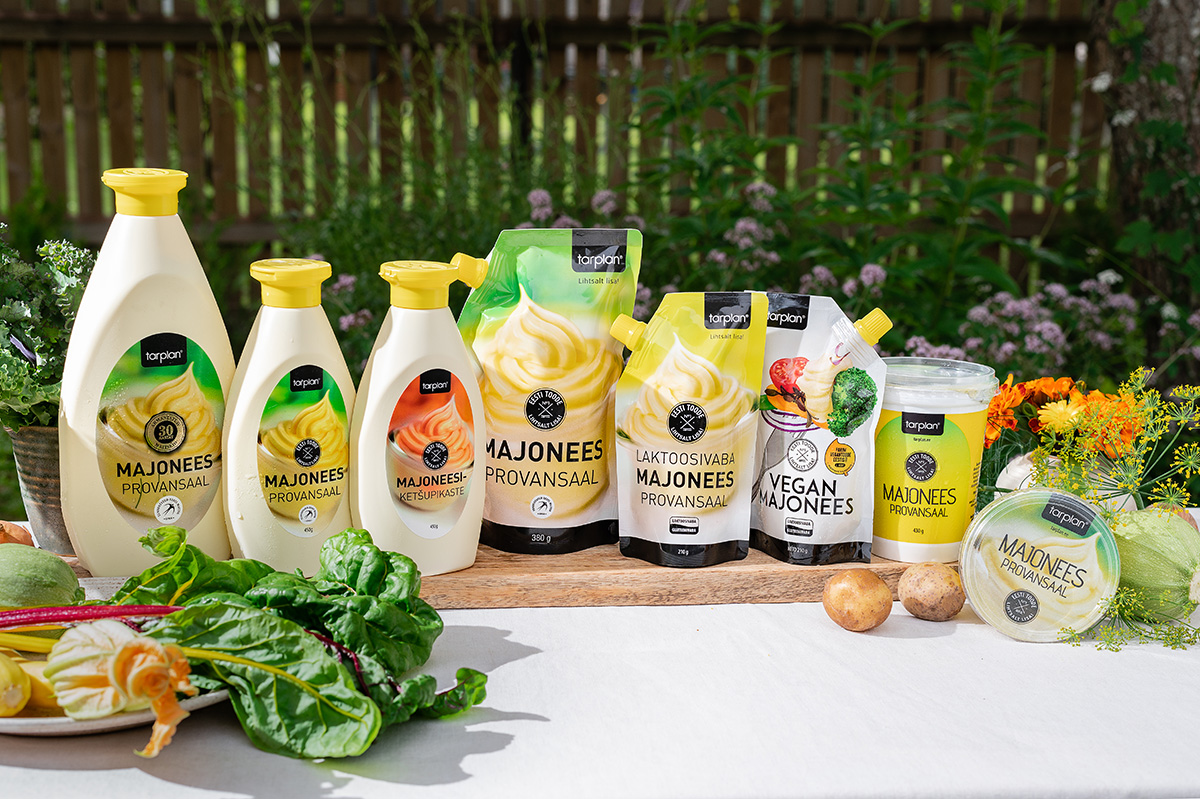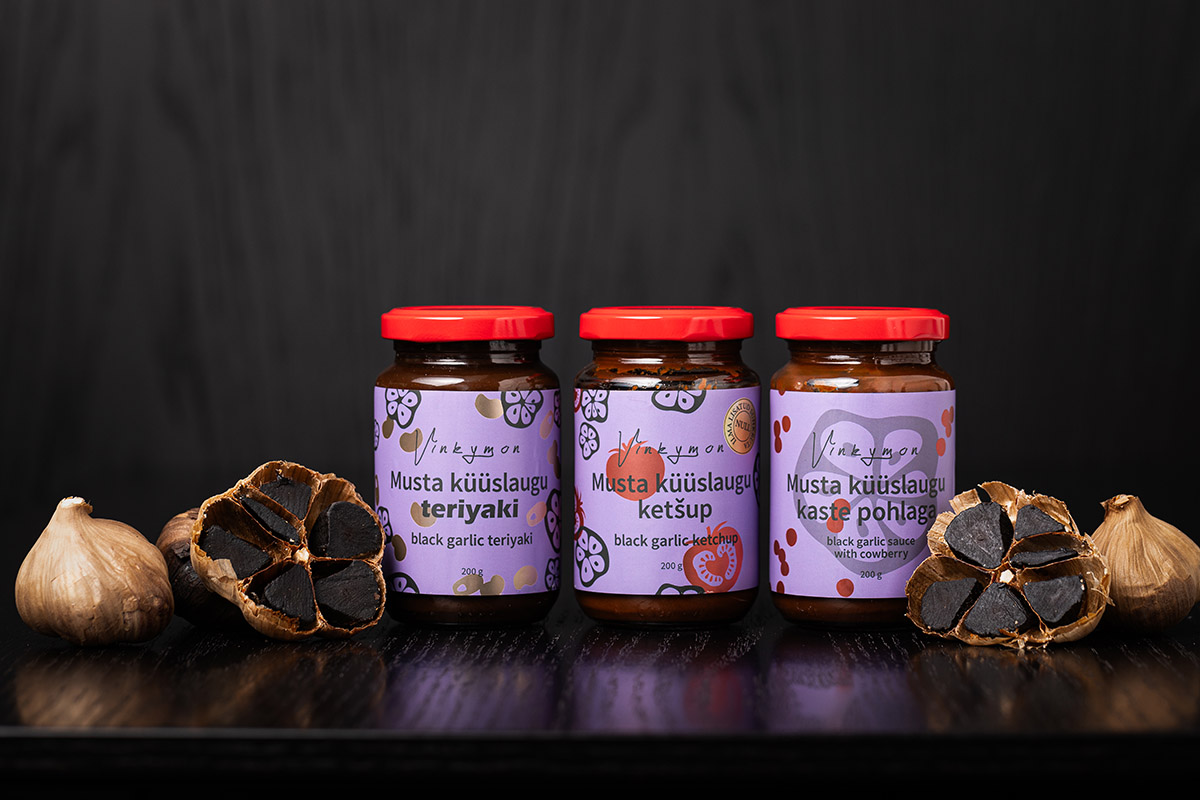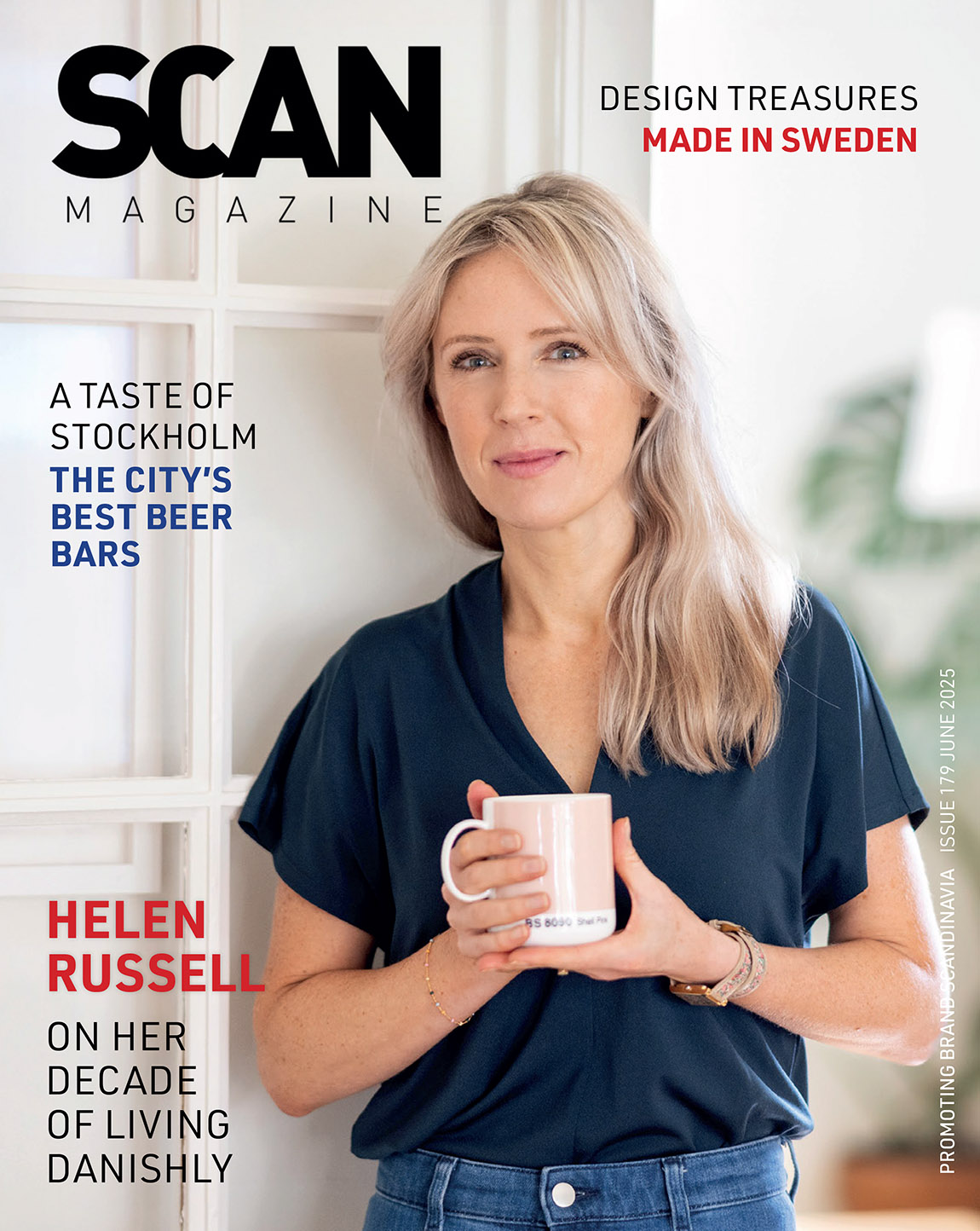Spectrum Blue: How do you create safer spaces for the next pandemic?
By Maria Sødal Vole | Photos: Spectrum Blue
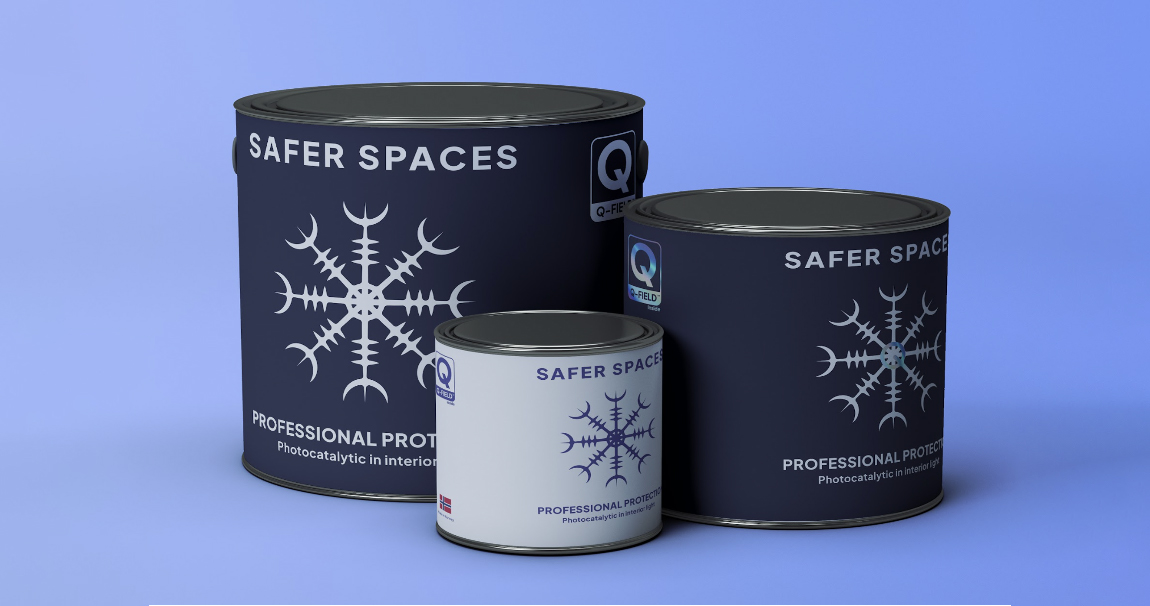
The Covid-19 pandemic revealed how unprepared we were for a global surge of infectious diseases. So how can we protect ourselves against the increasing numbers of resistant bacteria and the outbreak of the next epidemic or pandemic? Spectrum Blue is working to protect society at a new level with a new approach.
We are living in the aftermath of the unprecedented Covid-19 pandemic that saw the world shut down. During the outbreak of one of modern history’s most deadly pandemics, we quickly learned to prioritise hand washing, using facemasks, cleaning surfaces thoroughly and doing our part to avoid the infection spreading. But tedious routines are easily forgotten. Though numerous viruses and bacteria thrive among the global population, we seldom see a facemask in public these days – and the risk of infection lurks even in spaces we may believe to be safe.
Surface contact is a source of contamination when it comes to microbes and bacteria spreading. While preventive measures such as stringent cleaning and decontamination procedures are crucial to alleviate the risk of infection, a Norwegian company has developed a transformative healthcare technology that can offer long-term protection. Spectrum Blue’s novel quantum coatings make it possible to create safer spaces across multiple industries.
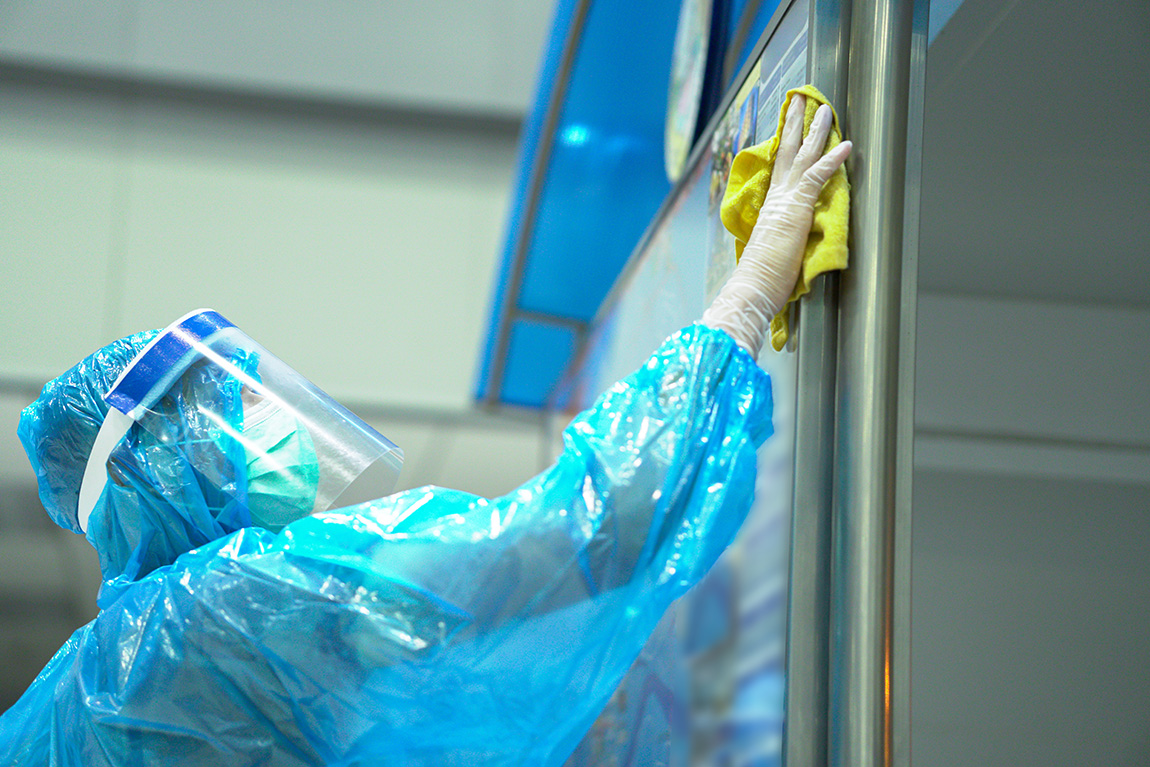
Infections pose a significant health risk
Globally, we are facing serious health challenges aggravated by climate change, rising population density, decreasing number of healthcare personnel, rising costs and increasing numbers of treatment-resistant bacteria and viruses. Within this context, technological innovation and advancement in the field of healthcare are more important than ever – in fact, some experts claim that treatment-resistant bacteria and viruses will have worse effects on our society than the Covid-19 pandemic.
“In order to avoid infections, we need to reduce the number of bacteria, viruses and fungi in the environments where people gather and move,” says Brage W. Johansen, CEO of Spectrum Blue. “Today, we do this by preventative measures such as washing hands, cleaning rooms, wearing facemasks and taking vaccines. Vaccines protect against infection for a longer period, while the other measures are instant and last for a short time before you have to clean off the next wave of microbes.”
There is a risk of infection everywhere, even in places where people may not expect it. Being admitted to hospital is a risk factor as patients may contract a new infection during their stay – and it may be lethal. In fact, statistics by the Center of Disease Control and Prevention show that 700,000 patients die of healthcare-associated infections (HAI) every year across the globe. “Even in a small country like Norway, around 2,000 people die every year following an infection contracted at hospitals, and 25,000 more need special antibiotics to be cured,” says Johansen. “These avoidable deaths are tragic for the victims and their loved ones and come at a huge cost for healthcare and our society.”
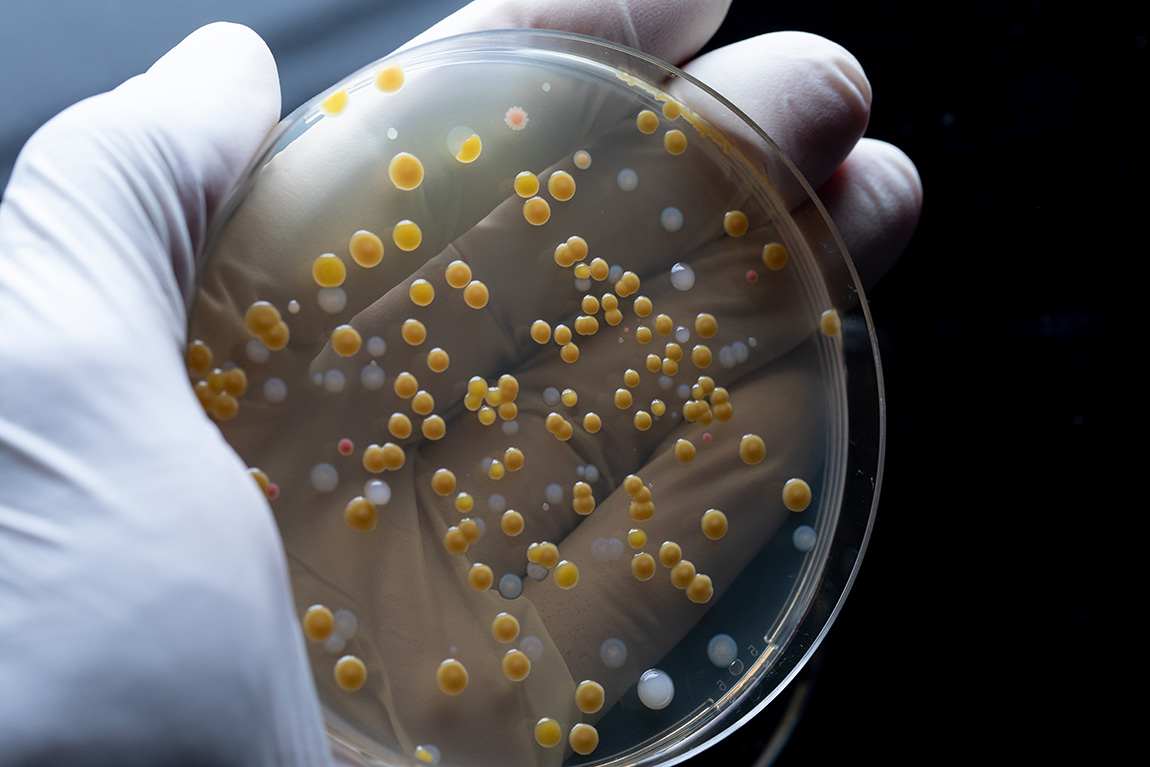
Health innovation through antimicrobial surface coating
Based on Dr Bucuresteanu’s invention Spectrum Blue is introducing Q-field which is a photocatalytic coating for surfaces that combats infections from spreading. “Microbes often attach to physical objects and thrive in what we call biofilm on surfaces. They can survive for hours and days in a biofilm,” Johansen explains. “Our thinking is that if we can eliminate biofilm from surfaces, we would also reduce the danger of infections. This is a permanent solution that reduces the risk of infection.”
The implementation of this protective measure is simple: a teaspoon of Q-field is factory-mixed with a litre of paint. When painted on a surface, the product generates a quantum electric field – hence the name Q-field. The molecular electric fence is harmless and unnoticeable for human beings and animals, but it destroys bacteria, viruses and fungi that land on the surface. Used alongside hand sanitation and thorough cleaning of rooms and objects, Q-field is highly effective in protecting against infection.
If critical areas of surfaces in hospitals, public buildings, offices, nursing homes, restaurants, and hotels were coated, this would improve protection against epidemics and infections. Q-field can be coated on all painted surfaces such as walls, tables, bedposts and typical touch points such as handrails and doorknobs. Q-field can also be integrated in textiles such as curtains and furniture. The treatment will dramatically reduce the number of microbes and fungi, and generate a better indoor climate. Quantum coatings are nontoxic and have a long-lasting effect, making this an excellent tool in safeguarding public health and safety.
Alongside the development of Q-field, Spectrum Blue is dedicated to analysing how and where epidemics migrate to find out more about what public areas should be prioritised to safeguard the public. Spectrum Blue is working on an information system aimed at documenting, managing and mapping safe public spaces.

Web: www.spectrumblue.space
LinkedIn: Spectrum Blue
Impact of Healthcare-Associated Infections:
Financial cost:
• 2 Bn NOK in Norway
• 7 Bn EUR across the European Union
Mortality:
• 700,000 deaths on a global basis
• 10% of all affected patients will die from their HAI
• Improved Infection Protection and Control (IPC) can lead to a 70% reduction in HAI
• In Norway, 25% of all antibiotic prescriptions are attributed to HAI
Sources:
• World Health Organisation
• Centre for Disease Control
Subscribe to Our Newsletter
Receive our monthly newsletter by email

